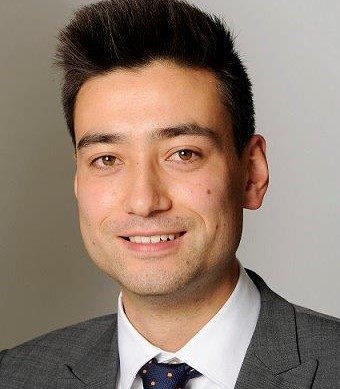
Ashurst LLP is a leading multinational law firm and a trusted adviser to corporates, financial institutions and governments worldwide. They’re also the newest member of our Be the Difference initiative…
Michael Smith started as a trainee with Ashurst and is now a solicitor on their real estate team. He spoke with Able Magazine about their inclusive approach to employment and how they’ve supported him as a visually impaired employee.
When you joined Ashurst was it immediately obvious that they’d support you as a disabled person?
It’s quite difficult to find a firm with a good bank of knowledge, when it comes to reasonable adjustments – and Ashurst is renowned in the sort of law that I was interested in, such as real estate and corporate projects. Ashurst
What are the challenges for a solicitor who is losing their sight?
Our job
Law is an industry where sensory impairments are not very common. Law is very client-focused so face-to-face meetings can be challenging to navigate – regardless of the huge advances in technology – but colleagues are always really helpful and you get to know your way around.
Why did Ashurst LLP join the Be the Difference Campaign?
Ashurst, in my eyes,
Before I joined there was a lot of discussion around how I would need to work, and the firm recruited an assistant for me who moves around with me so that I always work with someone who understands my particular requirements. Very early on in my
difference. Ashurst
Based on your experience with Ashurst LLP, do you have any advice for disabled jobseekers?
Yes, I think the main one is confidence… As a disabled



